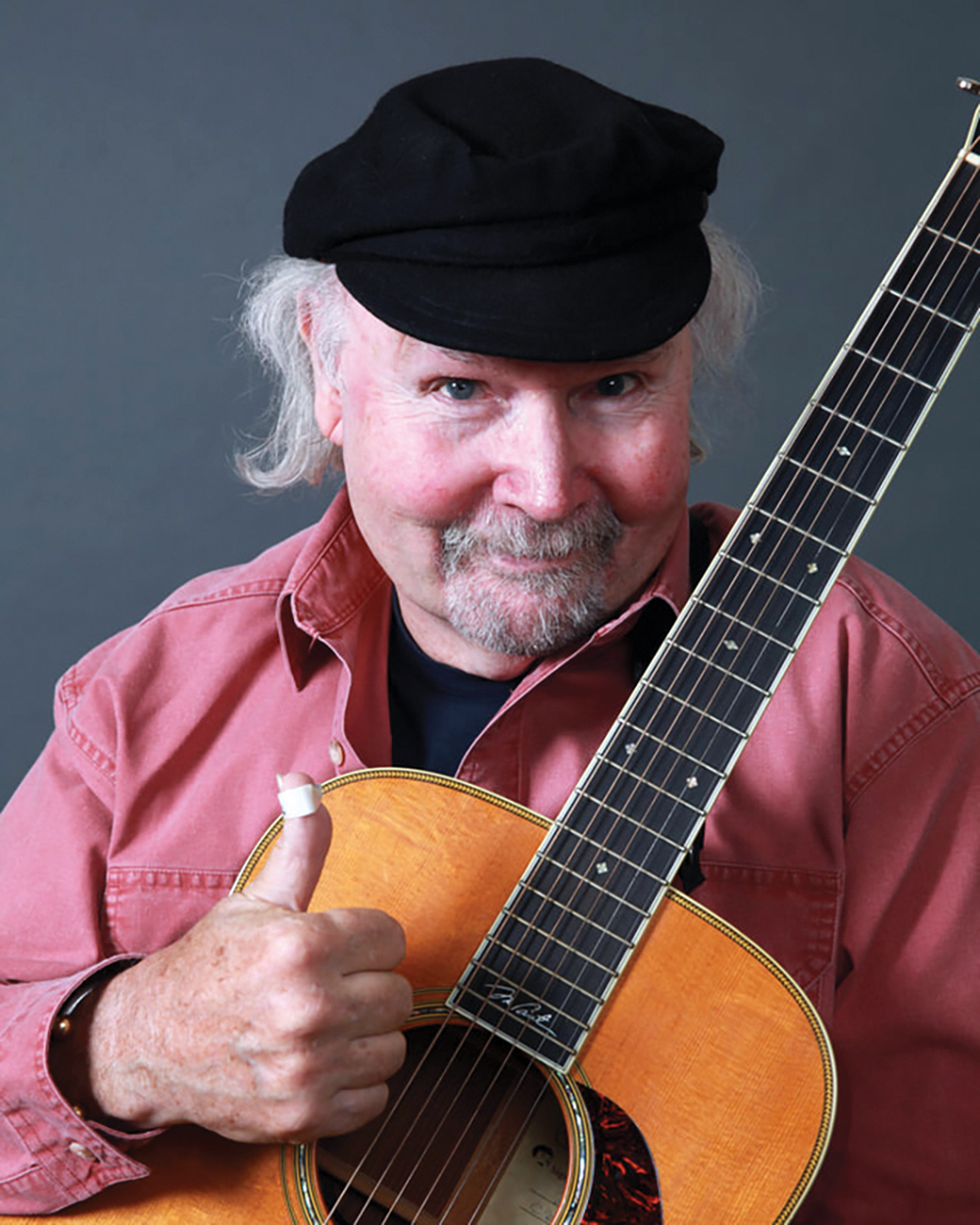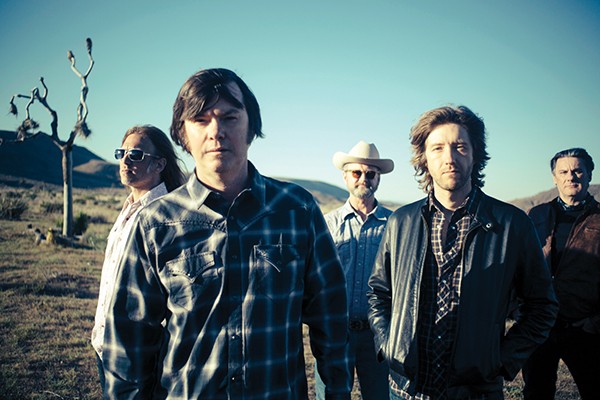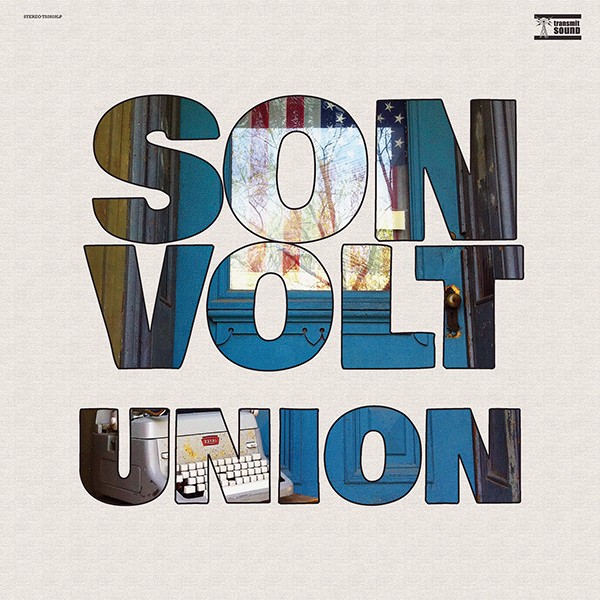Now 85, Tom Paxton is what you might call an OG folk musician, having made his name as a songwriter in Greenwich Village before Bob Dylan even arrived from Minnesota. And so there’s a certain historical spark in speaking with him about our common love for Woody Guthrie. He surely had that same conversation with countless compatriots at the Gaslight Cafe, back in the day, especially since he’d landed there by way of his native Oklahoma. “I played football against a team from [Guthrie’s hometown of] Okemah, about 26 miles from my hometown,” Paxton remembers today. “But I actually never heard of Woody Guthrie until I went to the University of Oklahoma and started hearing his records, and he quickly became one of my heroes. I think he’s one of my biggest influences.”
Of course, part of Guthrie’s legacy is the tradition of the political or protest song, something that Paxton’s always had at the core of his craft. It’s also at the core of the annual series known as Acoustic Sunday Live, the latest version of which will feature Paxton, Crys Matthews, Susan Werner, The Accidentals, and Terry “Harmonica” Bean on Sunday, December 4th, at the First Congregational Church.
Woody Guthrie’s spirit has been with the concert series from the very beginning, when Bruce and Barbara Newman organized a tribute to Guthrie 28 years ago, featuring Paxton, Richie Havens, Odetta, and Ramblin’ Jack Elliott. Since then, each show has been a fundraiser for a local cause, and in recent years that’s been Protect Our Aquifer.
Paxton, reflecting on the cause of ensuring the purity of the Sparta or Memphis Sand Aquifer, quips, “Talk about a no-brainer! It makes you want to get a bumper sticker: ‘Like Drinking Water? Duh?!’” He’s seen innumerable citizen movements to protect sources of fresh water and feels one of his songs still rings true in that context. “The one I mainly still sing after 50 years is ‘Whose Garden Was This?’” he says. “Everything about ecology is in that song. If you want to enjoy it, you’ve got to preserve it.”
It’s yet another echo of Guthrie’s approach to folk music. “You had no trouble understanding the lyrics when he sang,” Paxton says. “And that’s always been a really important part to me. The way I feel is, I busted my butt writing these lyrics, I want to make sure people understand them.” That’s especially crucial to topical songs, he says. “You know, political and protest songs are as old as America. Now and then you’ll turn up songs that were current before or during our revolution, that were just flat-out protest songs against England and King George. Lots of them! Back during the Vietnam days, we took a lot of heat for writing songs opposing the war, but it’s a very old tradition.”
Old traditions appeal to Paxton, and his appreciation of the late Jean Ritchie spoke to that. “I visited with her in Kentucky two weeks before she passed [in 2015],” he says. “There was a song that was current back in the ’60s called ‘Passing Through’. So I wrote a verse for her: ‘Jean Ritchie of the Cumberlands, her dulcimer in hand/Came singing songs both old and new. … And she sang ’em all while she was passing through.’ She was a good, good person.”
Always generous in his praise of fellow artists, Paxton has leaned into the joys of collaboration of late. “I went for years basically just writing for myself, but the pandemic shut everything down, and if I was going to stay in touch with people, [co-writing on] Zoom was a way to do it. So I really went for it. I’ve been writing with The Accidentals, with Jackson Emmer, with my friend Cathy Fink. And it’s so satisfying that I want to keep doing it. Since the pandemic, so far I’ve co-written over 200 songs.”
He’s looking forward to the songwriters-in-the-round style of Acoustic Sunday Live, he says. “It’s great to be coming back to Memphis, and it stacks up to be a hell of a concert. You’ve got some really good people on there, like Crys Matthews and The Accidentals, and Susan Werner is absolutely dynamite on stage. And I’m bringing a colleague of mine from Colorado to be part of this, named Jackson Emmer. We’ve co-written several songs now. It’s a real kick for me, to hear young people singing a song I’ve helped to write.”
Acoustic Sunday Live, the 4th concert to Protect Our Aquifer, takes place at the First Congregational Church on Sunday, December 4th at 7 p.m. Tax deductible tickets are available at acousticsundaylive.com

 David McClister
David McClister 
